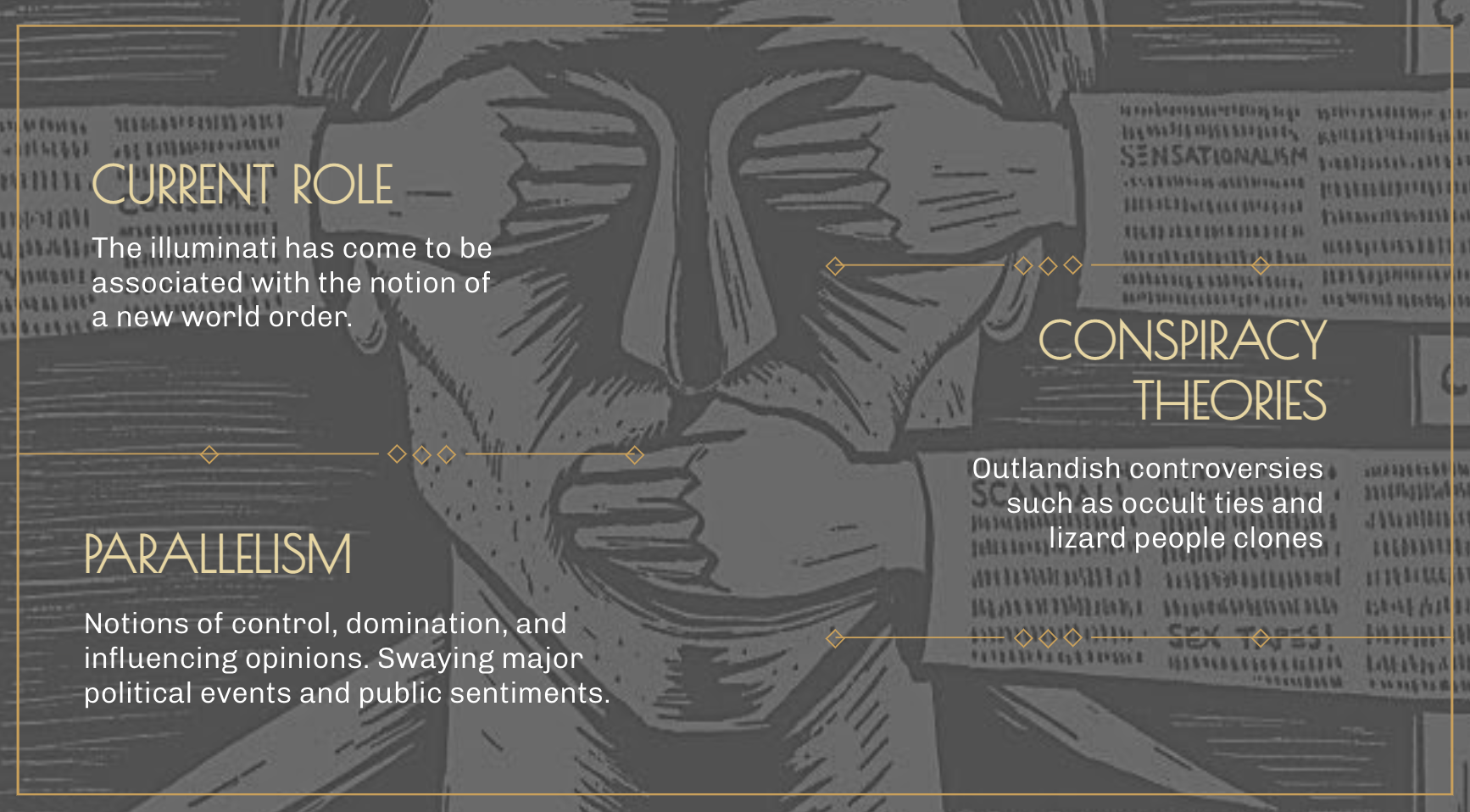Modern Day Illuminati
Published:
View original presentation here
During my senior year of undergraduate studies, I had the opportunity to delve into the intriguing world of media houses and their impact on society. Influenced by a previous presentation on human values and society during my high school years, I embarked on a thought-provoking journey to uncover the realities of present-day media. In this blog post, we will explore the notions of control, domination, and the influence wielded by media outlets, shedding light on their potential to shape major political events and public sentiments.
News media, in theory, possesses immense potential to drive economic and social improvements, especially in developing countries and emerging economies. However, the harsh reality is often far from this ideal. Rather than serving the public and acting as truth-seekers in the face of power, many media outlets have become mere mouthpieces of the influential. Their actions are characterized by the repetition of unverified rumors, the perpetuation of discrimination against minorities, and the exacerbation of societal polarization.

The consequences of such media behavior extend far beyond the boundaries of the media sector itself. By failing to live up to their responsibilities, media outlets contribute to the erosion of public trust and the distortion of public opinion. The immense power they wield in shaping narratives and influencing public sentiment cannot be overlooked. This modern-day Illuminati-like influence raises questions about the ethical responsibilities of media houses and their commitment to the principles of unbiased reporting and social welfare.
My presentation during the communications course shed light on the dark underbelly of present-day media houses. It served as a reminder that the media’s role in society is not to be taken lightly. As consumers of news, we must remain vigilant, question the motives behind media narratives, and demand transparency and accountability from those entrusted with delivering information. By doing so, we can foster a media landscape that genuinely serves the public interest, uplifts marginalized voices, and promotes a more informed and inclusive society.
